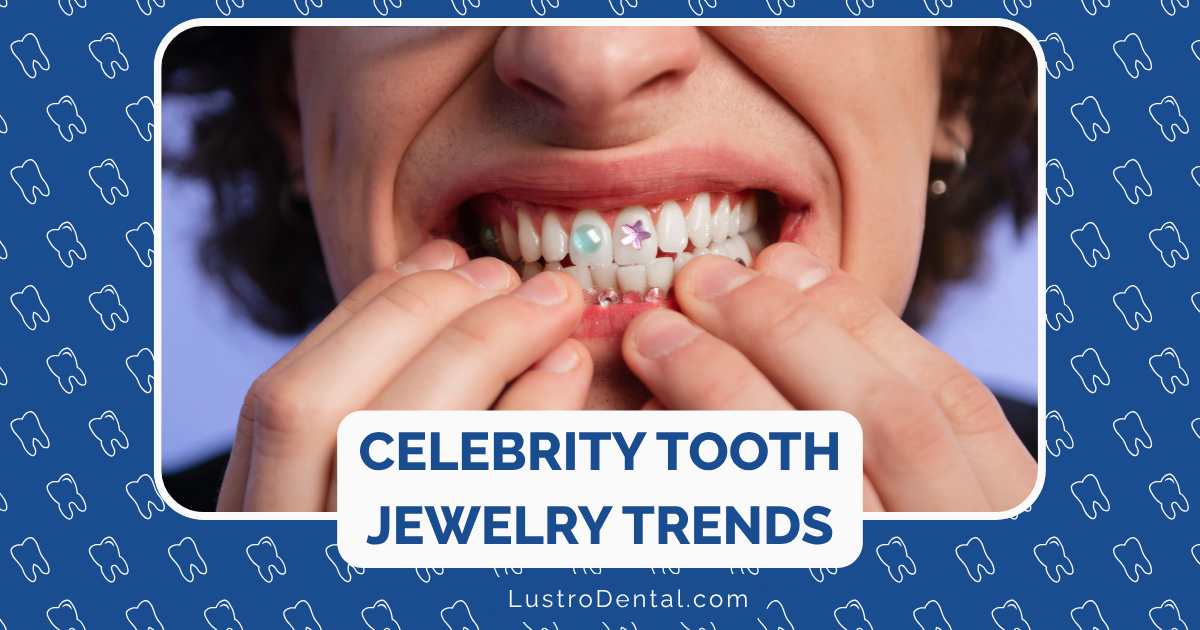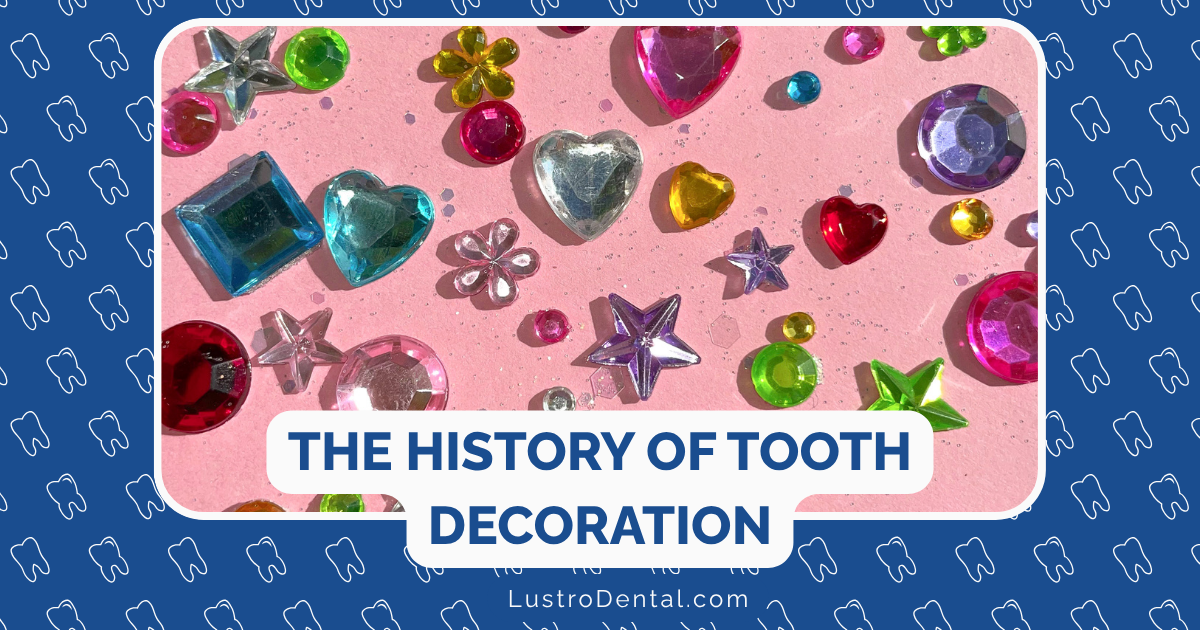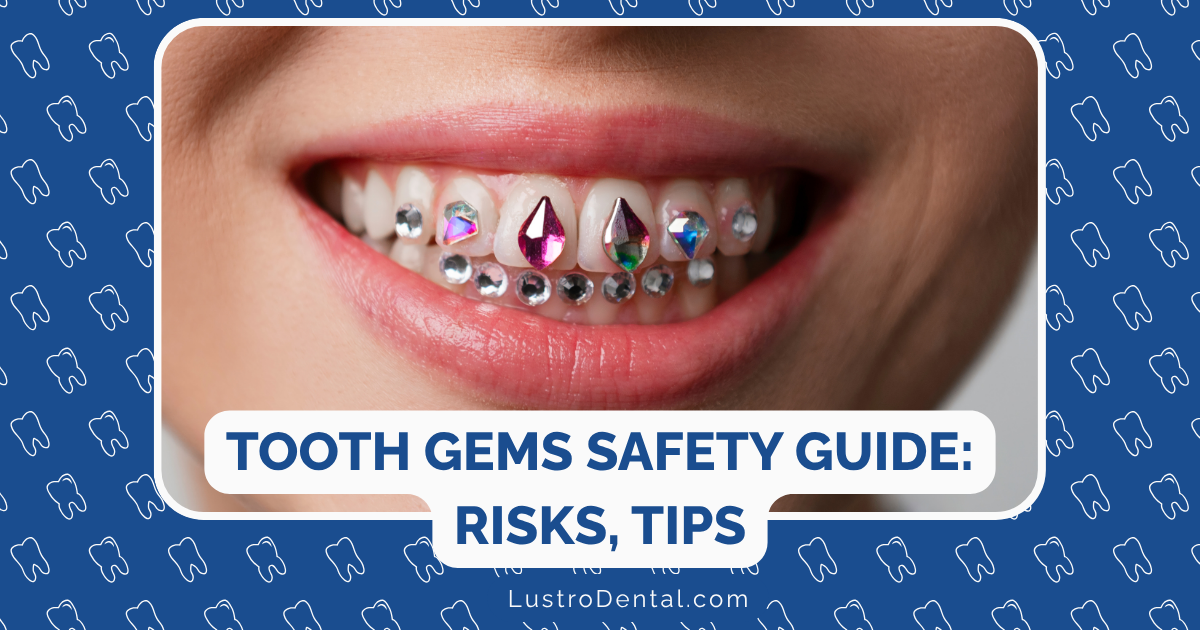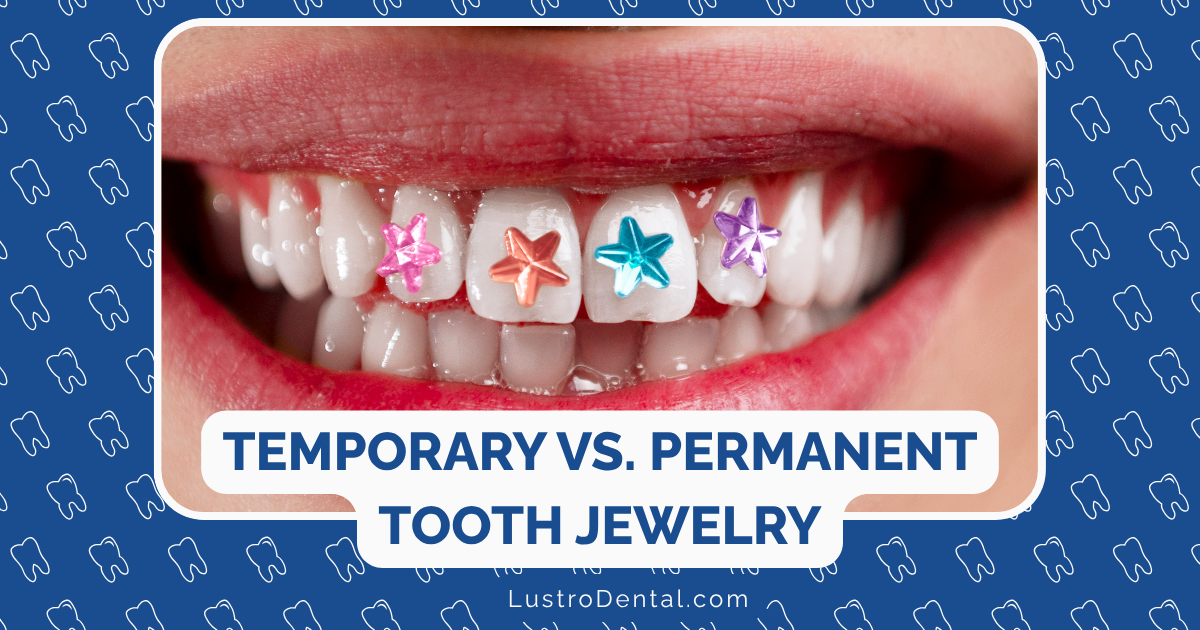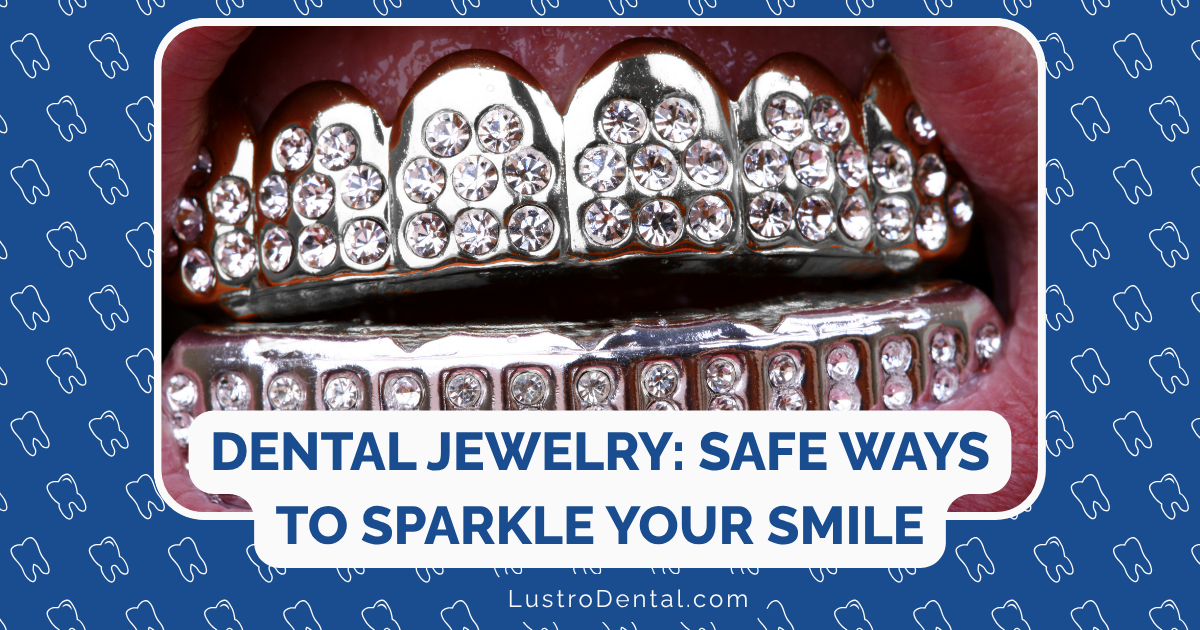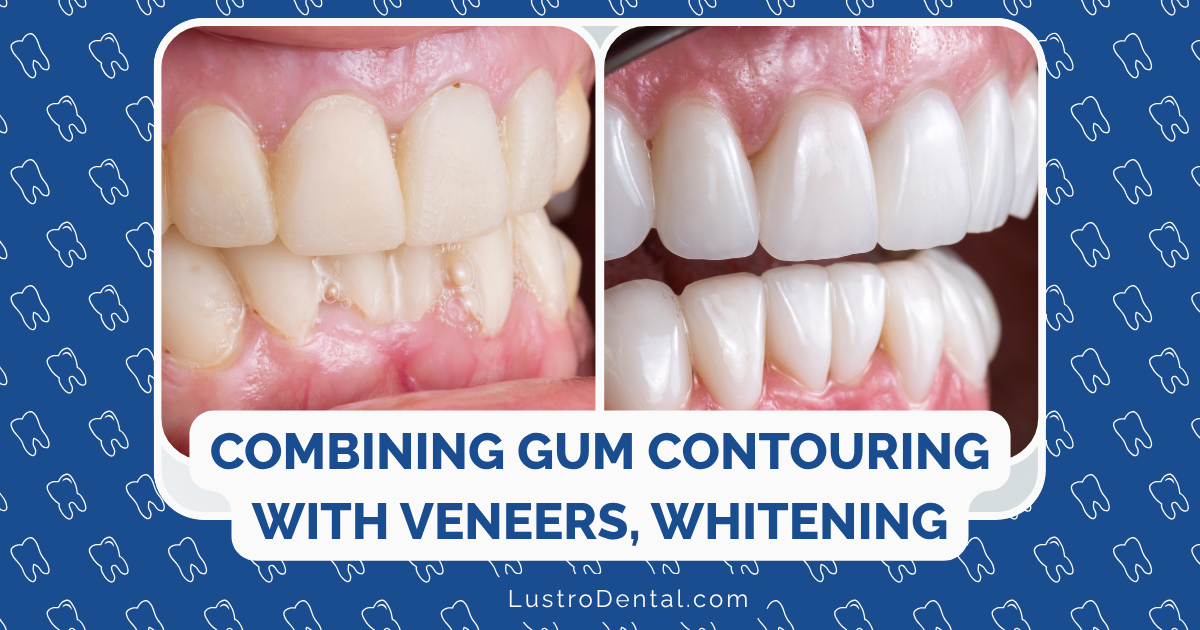The Lifespan of Veneers: Maintenance Tips to Maximize Your Investment
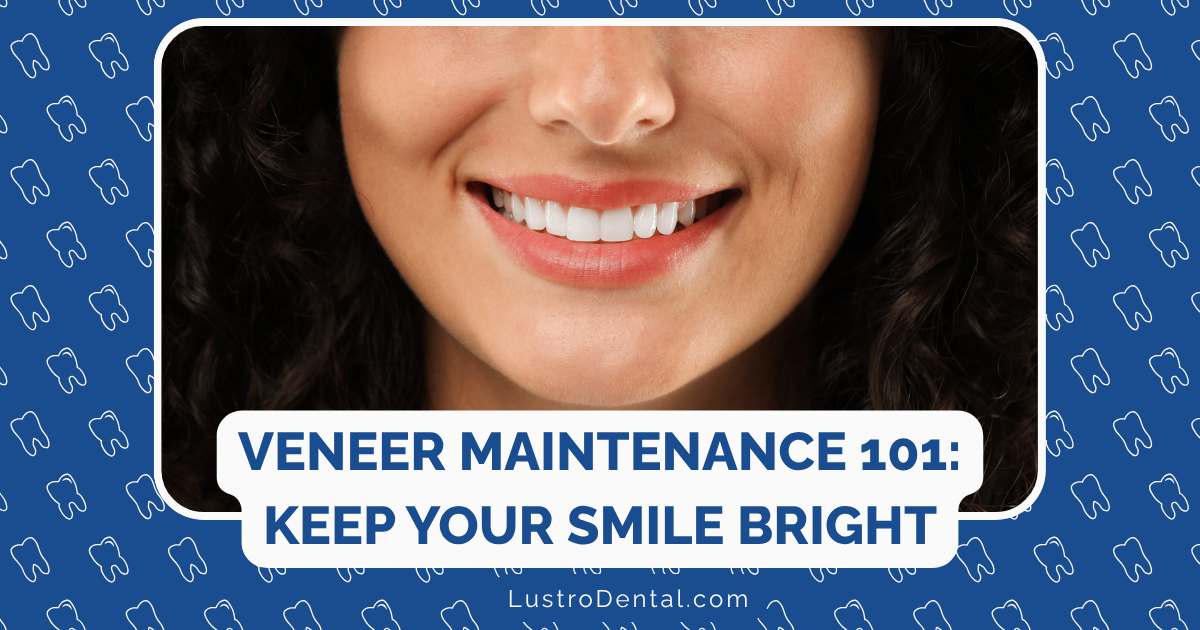
When patients invest in dental veneers, one of the first questions they ask is, “How long will they last?” It’s a valid concern—veneers represent a significant investment in both time and money. The good news is that with proper care and maintenance, you can significantly extend the lifespan of your veneers, protecting your investment and continuing to enjoy that beautiful smile for years to come.
As someone who’s helped countless patients maintain their veneers, I’ve compiled this comprehensive guide to help you get the most out of your dental investment.
Understanding Veneer Lifespan: What to Expect
Before diving into veneer maintenance tips, it’s important to have realistic expectations about how long they typically last:
Porcelain Veneers
Porcelain veneers generally last between 10-15 years with proper care. Some patients have been able to maintain their porcelain veneers for up to 20 years. According to the American Academy of Cosmetic Dentistry, well-maintained porcelain veneers have a 95% success rate after 10 years.
Composite Veneers
Composite resin veneers typically have a shorter lifespan of 5-7 years. However, they’re more easily repaired than porcelain if damage occurs.
Factors Affecting Veneer Longevity
Several factors influence how long your veneers will last:
- Quality of materials used
- Skill of the dentist who placed them
- Your oral hygiene practices
- Lifestyle and dietary habits
- Whether you grind or clench your teeth
- How often you attend dental check-ups
Essential Maintenance Tips for Long-Lasting Veneers
1. Master the Basics of Oral Hygiene
The foundation of veneer longevity is excellent oral hygiene:
Brushing Technique
- Brush twice daily using a soft-bristled toothbrush
- Use gentle, circular motions rather than aggressive scrubbing
- Pay special attention to the gum line where veneers meet natural tooth structure
- Consider an electric toothbrush with pressure sensors to prevent overbrushing
Choose the Right Products
- Use non-abrasive, fluoride toothpaste without harsh particles that could scratch veneers
- Avoid whitening toothpastes containing hydrogen peroxide, as they can weaken the bonding material
- Look for toothpastes specifically formulated for cosmetic dental work
A 2023 study in the Journal of Prosthetic Dentistry found that patients using non-abrasive toothpaste experienced 42% less surface wear on their veneers over a five-year period compared to those using standard toothpaste.
2. Perfect Your Flossing Routine
Flossing is crucial for veneer maintenance:
- Floss at least once daily to remove plaque and food particles
- Use unwaxed floss or dental tape which is gentler on veneer edges
- Consider a water flosser as an alternative, which can be less likely to catch on veneer edges
Dr. Amanda Johnson, a cosmetic dentistry specialist, recommends: “When flossing around veneers, slide the floss gently through contact points rather than snapping it down, which can damage the edges of the veneers over time.”
3. Be Strategic About Food and Drink
What you consume can significantly impact veneer longevity:
Limit Staining Substances
While porcelain veneers are stain-resistant, they’re not completely stain-proof. The bonding material can discolor over time, especially at the margins. Limit consumption of:
- Coffee and tea
- Red wine
- Dark berries
- Tomato-based sauces
- Soy sauce and balsamic vinegar
When you do indulge, rinse your mouth with water afterward or use a straw to minimize contact with your veneers.
Avoid Damaging Foods
- Hard candies, nuts, and ice (avoid biting directly)
- Very sticky foods like caramel or taffy
- Popcorn (watch out for unpopped kernels)
4. Break Harmful Habits
Certain habits can significantly shorten the lifespan of your veneers:
- Stop using teeth as tools: Never use your teeth to open packages, cut tape, or bite fingernails
- Quit smoking: Tobacco products can stain the bonding material and compromise gum health
- Limit alcohol consumption: Excessive alcohol can weaken the bonding material over time
- Address nail-biting or pen-chewing: These habits put unnecessary stress on veneers
5. Protect Against Grinding and Clenching
Bruxism (teeth grinding) is one of the leading causes of veneer failure:
- Invest in a custom-fitted nightguard if you grind your teeth at night
- Consider stress reduction techniques if daytime clenching is an issue
- Be aware of clenching triggers like caffeine, alcohol, or stress
According to a 2024 clinical study, patients with bruxism who wore nightguards had a 67% lower rate of veneer complications compared to those who didn’t use protection.
6. Schedule Regular Professional Care
Professional maintenance is essential for veneer longevity:
Routine Check-ups
- Visit your dentist every six months for professional cleanings and examinations
- These visits allow for early detection of potential issues before they become serious
- Your dentist can polish your veneers to remove surface stains
Professional Cleanings
- Ensure your dental hygienist uses non-abrasive polishing paste specifically designed for cosmetic dental work
- Inform new dental providers about your veneers before cleanings
- Ask about specialized veneer maintenance options your dentist may offer
Dr. Michael Roberts of the American Dental Association notes: “Regular professional maintenance can extend the life of veneers by up to 30%. We can spot and address minor issues before they compromise the integrity of the veneer.”
Addressing Common Veneer Problems Early
Knowing what to watch for can help you address potential issues before they lead to veneer failure:
1. Sensitivity
Some sensitivity is normal immediately after placement, but persistent sensitivity could indicate:
- Exposed dentin at the margins
- Microscopic cracks
- Issues with the bonding material
Action step: Contact your dentist if sensitivity persists beyond a few weeks or suddenly appears after having veneers for some time.
2. Chips or Cracks
Small chips or cracks can sometimes be repaired without replacing the entire veneer:
- Composite veneers can often be repaired directly
- Small chips in porcelain veneers might be repairable with composite bonding
Action step: See your dentist as soon as possible if you notice any damage, as small issues can quickly become larger ones.
3. Loose Veneers
A veneer that feels loose requires immediate attention:
- This could indicate bond failure or underlying decay
- Never attempt to re-attach a veneer yourself
Action step: Call your dentist immediately for an emergency appointment.
4. Gum Recession
Receding gums can expose the margins of veneers, affecting both aesthetics and function:
- Maintain excellent gum health through proper brushing and flossing
- Address any signs of gum disease immediately
Action step: Report any changes in your gum line to your dentist promptly.
Special Considerations for Different Veneer Types
Porcelain Veneers:
- More stain-resistant but more brittle than composite
- Cannot be whitened with traditional whitening products
- May require complete replacement if damaged
Composite Veneers:
- More prone to staining and require more frequent polishing
- Can often be repaired rather than replaced
- May benefit from more frequent professional cleanings
When Replacement Becomes Necessary
Even with excellent care, veneers will eventually need replacement. Signs it might be time include:
- Visible wear or damage that can’t be repaired
- Persistent discoloration at the margins
- Changes in gum line that expose veneer edges
- Development of decay around or under the veneer
The Investment Perspective: Cost vs. Longevity
When considering the value of proper veneer maintenance, think about the numbers:
- The average cost of a porcelain veneer ranges from $925 to $2,500 per tooth
- Extending their life from the average 10 years to 15+ years through proper maintenance represents significant savings
- The cost of preventive care (nightguards, regular check-ups, proper oral hygiene products) is minimal compared to premature replacement costs
Creating Your Personal Veneer Maintenance Plan
To maximize your veneer investment, create a personalized maintenance plan:
- Daily routine: Brushing, flossing, and rinsing with the right products
- Weekly check: Brief visual inspection for any changes or issues
- Bi-annual professional care: Regular dental visits for cleaning and assessment
- Protective measures: Nightguard use and avoiding harmful foods/habits
- Emergency plan: Know who to contact if issues arise between regular visits
Conclusion: A Worthwhile Investment in Care
Dental veneers represent a significant investment in your smile and confidence. With proper maintenance, you can maximize their lifespan and protect that investment for years to come. Remember that the small daily actions you take—from choosing the right toothpaste to wearing your nightguard consistently—add up to make a tremendous difference in how long your veneers will serve you.
By following these guidelines, you’re not just maintaining dental work—you’re preserving your smile, confidence, and financial investment for the long term.
Do you have veneers? What maintenance routine has worked best for you? Share your experiences in the comments below!


